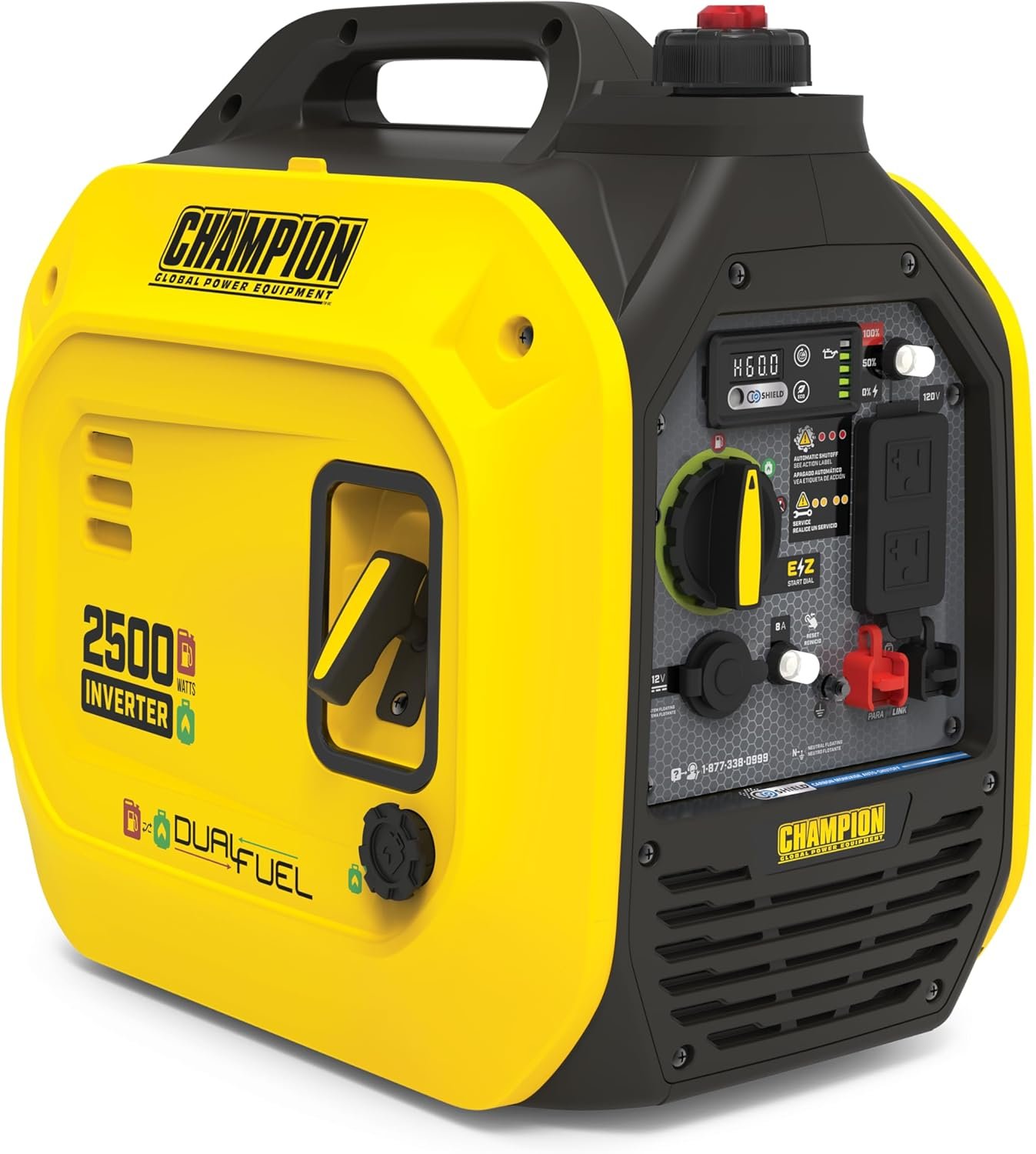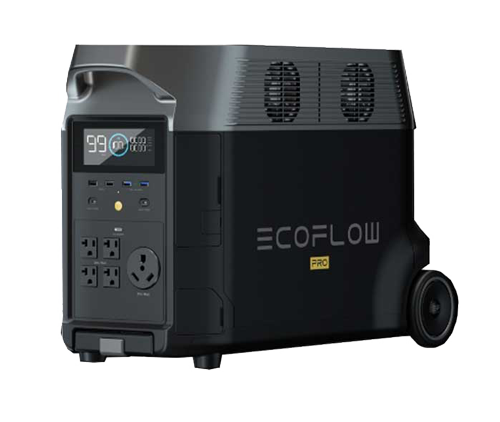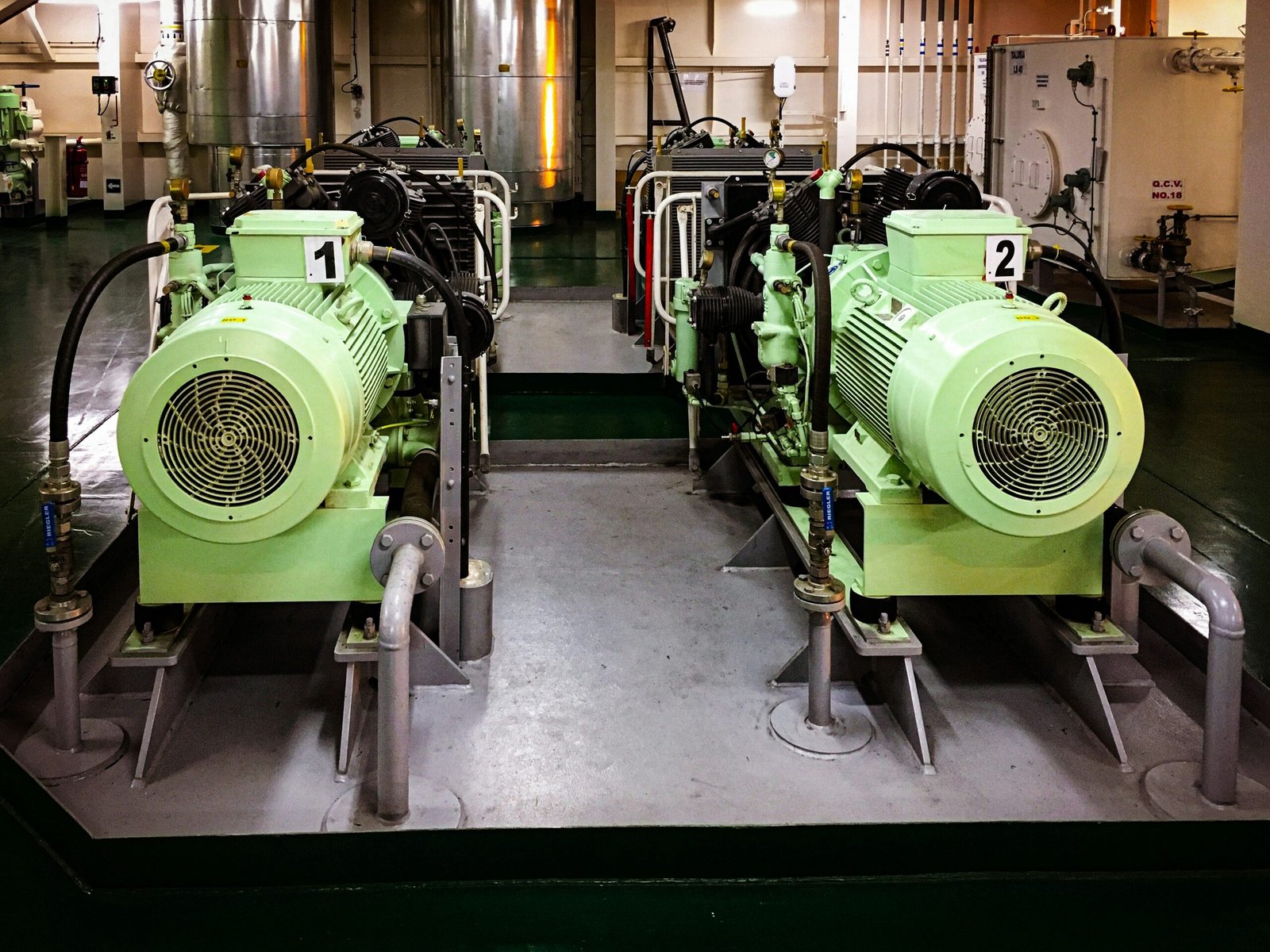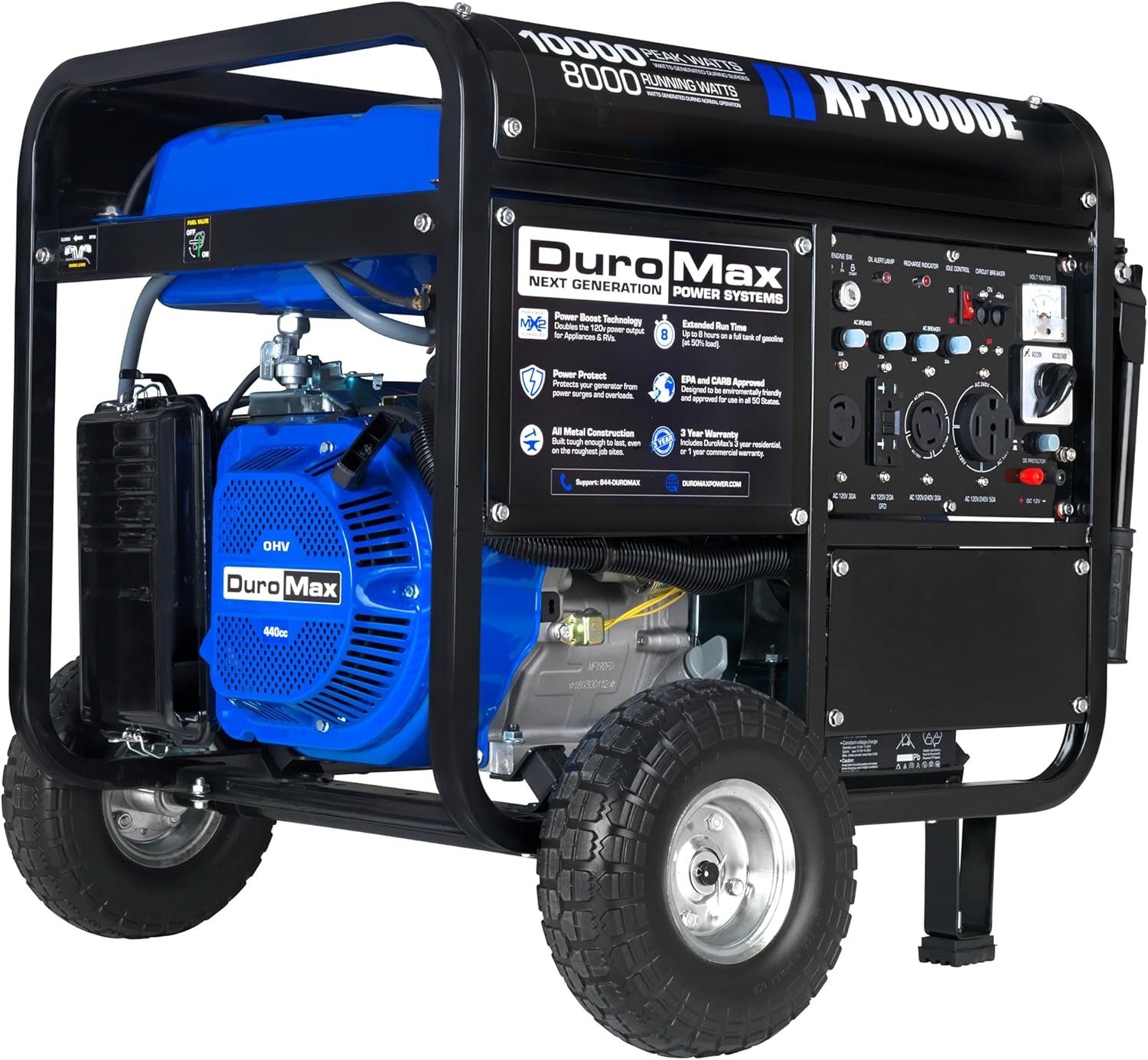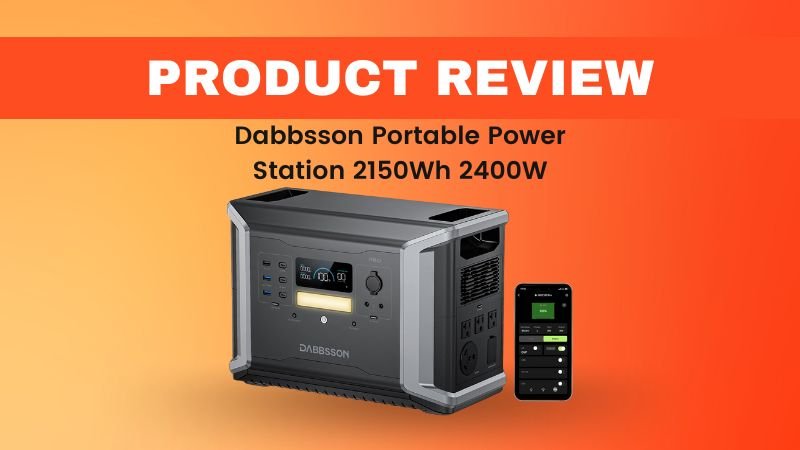|
10 People Are Viewing This Product Right Now |
Power Generator 1800: The Ultimate Guide to Reliable Backup Power
Power Generator 1800 – Ever been stuck in a blackout, desperately wishing for a way to keep your lights on and fridge running? That’s where a Power Generator 1800 comes in—a compact yet powerful solution for emergency power. Whether you’re prepping for storms, camping off-grid, or just need a reliable backup, this guide covers everything you need to know.
We’ll dive into features, benefits, types, and even maintenance tips to help you pick the best 1800-watt generator for your needs. Ready to take control of your power supply? Let’s get started!
What Is a Power Generator 1800?
An 1800-watt power generator is a portable unit designed to deliver enough electricity to run essential appliances during outages or outdoor adventures. It’s not as hefty as industrial generators but packs enough punch for small households, RVs, or job sites.
Why Choose an 1800-Watt Generator?
- Portability: Lightweight and easy to move.
- Fuel Efficiency: It uses less fuel than larger models.
- Versatility: Powers everything from fridges to power tools.

Types of 1800-Watt Generators
Not all 1800-watt power generators are the same. Here are the main types:
-
- Inverter Generators
- Super quiet (great for camping).
- Clean power (safe for sensitive electronics).
- Fuel-efficient with eco modes.
- Conventional Portable Generators
- More affordable upfront.
- It has a higher power output but is noisier.
- Best for job sites and heavy-duty use.
- Solar-Powered Generators
- Eco-friendly (no fuel needed).
- Silent operation but depends on sunlight.
- Great for off-grid living.
- Inverter Generators
Key Features to Look For
When shopping for a Power Generator 1800, consider these must-have features:
-
- Run Time & Fuel Efficiency
How long can it run on a full tank? Look for models with 6-10 hours of runtime at 50% load. - Noise Level (Decibels)
- Inverter generators: ~50-60 dB (quieter than a conversation).
- Conventional generators: ~65-75 dB (like a vacuum cleaner).
- Outlets & Connectivity
- Standard 120V outlets for household devices.
- USB ports for charging phones.
- RV-ready outlets if you’re a camper.
- Portability & Weight
- Under 50 lbs for easy carrying.
- Foldable handles or wheels for mobility.
- Run Time & Fuel Efficiency
Best Uses for an 1800-Watt Generator
Wondering what you can power with an 1800-watt portable generator? Here’s a quick breakdown:
1. Home Backup Power
- Refrigerator (700W)
- Lights & fans (200W)
- TV & Wi-Fi router (150W)
2. Camping & RV Trips
- Electric grill (1,000W)
- CPAP machine (50W)
- Portable heater (800W)
3. Job Sites & DIY Projects
- Circular saw (1,400W)
- Air compressor (1,000W)
- Drill & battery charger (500W)
How to Choose the Right 1800-Watt Generator
Picking the best 1800-watt generator depends on your needs. Ask yourself:
-
- What’s My Primary Use?
- Emergency backup? → Inverter generator.
- Construction work? → Conventional generator.
- Off-grid living? → Solar-powered option.
- How Important Is Noise Level?
If you’re camping or in a quiet neighborhood, inverter generators win. - Do I Need Extra Features?
- It has an electric start (no pull cords).
- Parallel capability (connect two for more power).
- What’s My Primary Use?


Top Brands for 1800-Watt Generators
Not sure which brand to trust? Here are the top players:
-
- Honda EU2200i (Best Overall)
- Super quiet (48 dB).
- Reliable & fuel-efficient.
- Champion 1800-Watt Inverter (Best Budget)
- Affordable yet powerful.
- Lightweight & portable.
- Westinghouse iGen1800 (Best for Tech)
- Clean power for laptops.
- Long runtime (10.5 hours).
- Honda EU2200i (Best Overall)
Maintenance Tips for Longevity
Want your 1800-watt power generator to last? Follow these tips:
-
- Regular Oil Changes
- Every 50-100 hours of use.
- Use SAE 10W-30 for most models.
- Fuel Stabilizer for Storage
- Prevents clogged carburetors.
- Add stabilizer if storing over 30 days.
- Air Filter Cleaning
- Check every 25 hours.
- Replace if damaged.
- Regular Oil Changes
Safety Precautions When Using a Generator
Generators are lifesavers but can be dangerous if misused.
- Never Run Indoors
Carbon monoxide kills—always use outdoors in a ventilated area. - Avoid Overloading
Stick to the 1800-watt limit to prevent damage. - Proper Grounding
Use a grounding rod if required.
Cost of an 1800-Watt Generator
Prices vary based on type and brand:
- Budget models: 400−600
- Mid-range inverters: 700−1,000
- Premium brands (Honda): $1,000+
Conclusion
An 1800-watt power generator is a smart investment for emergencies, camping, or job sites. Whether you need clean power for electronics or raw energy for tools, there’s a perfect model for you. Just remember to prioritize fuel efficiency, noise level, and runtime when choosing.
Got questions? Check out the FAQs below!
FAQs
- Can a 1800-watt generator run a refrigerator?
Yes! Most fridges use 600-800W, so an 1800W generator can handle it easily. - How loud is an 1800-watt generator?
Inverter models run at 50-60 dB (quieter than a conversation), while conventional ones hit 65-75 dB. - How long can an 1800-watt generator run on a full tank?
Depending on load, expect 6-10 hours for most models. - Can I connect two 1800-watt generators together?
Only if they have parallel capability (like the Honda EU2200i). - Are solar-powered 1800W generators worth it?
If you need silent, eco-friendly power and have sunlight, yes! But they’re pricier upfront.

| Solar Generator Collections | |
|---|---|
 |
 |
| Amazon Collections | Walmart Collections |




